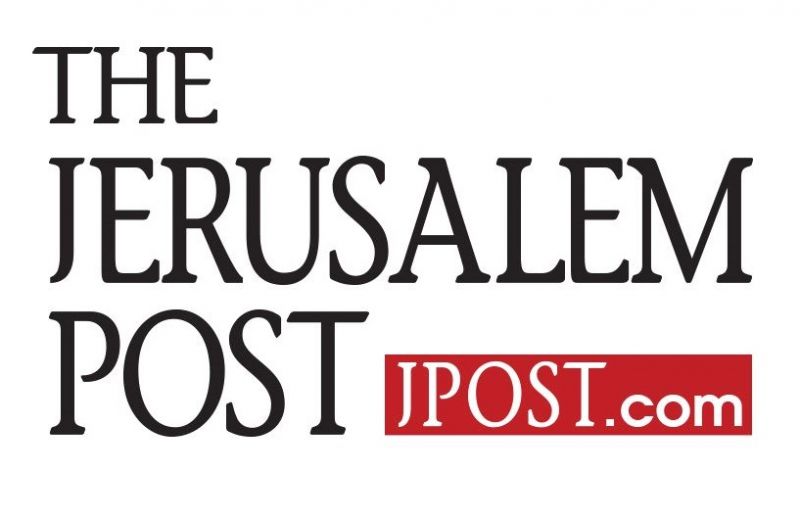 Op-eds
Op-eds
The formation of a new Israeli government provides an opportunity to rethink the course of Israel’s policy vis-à-vis the EU. Israel-EU relations need to be handled differently, in a manner that reflects and expresses Israel’s long-term strategic interests. Under Netanyahu’s right-wing governments, relations with the EU have sunk to new lows, and a plan to heal and restore the relations is needed.
An outsider might think that Netanyahu as prime minister and foreign minister has achieved results on the European front. There is one such achievement – the Eastern Mediterranean Alliance between Israel, Greece and Cyprus. In view of tripartite cooperation regarding natural gas, Greece has changed its policy on Israel, turning from a critical and hostile government into an ally. Greece was the first country to break the European consensus on Israel when it blocked an anti-Israel resolution in January 2016.
Since then, Netanyahu has adopted a “divide and rule” policy within the EU with the help of outlier member states, forging closer relations with Hungary and Poland. Under his leadership, Israel’s values underwent a dangerous shift. An unusually warm relationship with leaders that espouse undemocratic and a-liberal (and even anti-Semitic) platforms, such as Hungary’s Orban, Poland’s Morawiecki and Italy’s Salvini should greatly trouble Israelis. Romania, with its high levels of corruption, recently joined the club of member states to which Netanyahu has appealed to block EU resolutions that are critical of Israeli policies.
While a weaker EU may serve Israel in the short term, it is unlikely to help Israel’s long-term interest of trust and friendship with the EU. Up until a few years ago, Israel could boast of having the highest level of achievements and ties with the EU among non-European states. That was only fitting given that Israel is the only democracy in the Middle East, a worldleading innovator with a developed market economy. However, Israel’s economic agreements with its main trading partner are virtually obsolete – an “Association Agreement” from 1995 and an “Action Plan” from 2004 that was meant as a temporary, four-year agreement. In 2008, Israel was about to sign an upgraded plan but the EU created a linkage: absent progress in the Israeli-Palestinian peace process, no progress can be achieved with the EU.
The upgrade has been suspended for over a decade. Were it not for the linkage, we could have enjoyed even more prosperous relationship. On the other hand, in 2013 the EU offered Israel the status of a “Special Privileged Relationship” as an incentive – maturation of the peace process would yield significantly upgraded ties. The Israeli government did not even consider the idea. Since 2012, the Israel-EU Association Council, an annual ministerial-level political dialogue, has not convened. Relations are handled by civil servants. Meanwhile, countries such as Morocco, Tunisia and Egypt have upgraded their “Partnership Priorities” agreements with the EU in recent years.
Relations between Israel and the EU have fluctuated over the years. A significant high was recorded in the 1990s following the Oslo Accords. The most recent “honeymoon” occurred between 2005 and 2008 following Israel’s disengagement from Gaza and up until Operation “Cast Lead” and Netanyahu’s rise to power. For over a decade now, political relations with the world’s largest trading bloc have been at a low that is even starting to affect trade relations along with economic and research cooperation.
Netanyahu and his ministers have been inciting Israelis against the EU for several years. Israelis have grown accustomed to seeing the EU as a hostile entity rather than a friendly critic. However, even if there is disagreement with the EU over the peace process, settlement construction, Iran and more recently over Jerusalem, the EU remains Israel’s second most important strategic partner after the US. This is not a partnership born of mutual interests dictated by regional or global circumstances. Strategic partnerships are forged with those who share our world view and values, primarily with liberal democracies in which the rule of law is a substantive component that includes respect for and protection of human and minority rights.
The relationship with the EU is complex, largely because the EU itself is complex. As a union of 28 states (possibly 27 soon due to Brexit), efforts are always under way to ensure that the whole is bigger than the sum of its parts. While the EU has achieved this goal to a significant degree in the economic arena, it has had a hard time doing so in foreign policy aspects.
Brussels has often played the bad cop, such as the 2013 guidelines adding a territorial clause to the Horizon 2020 research and innovation agreement. Under that resolution, Israeli research institutions can only benefit from the agreement if they operate within the Green Line. The Netanyahu government had no choice but to go along with the EU’s territorial, legal and economic differentiation between institutions on each side of the Green Line. The backlash followed a few years later. Netanyahu has exploited the crises affecting the EU in recent years over debts, migration and Brexit, accompanied by the rise of populist parties. He took advantage of internal EU rifts to mobilize “rogue” states against anti-Israel decisions.
The new Israeli government should stop boasting of its “divide and rule” tactic and inciting public opinion against the EU and try instead to sever the EU’s linkage that is damaging to the relationship. The sad state of relations is not only the Netanyahu government’s fault. The EU did its share, adopting resolutions such as the linkage condition, the territorial clause and the labeling of settlement goods. Only a government that will advance the IsraeliPalestinian peace process will be able to fundamentally change this trend and stem the troubling deterioration in relations with Israel’s biggest partner in terms of values, trade and scientific research.
Dr. Maya Sion-Tzidkiyahu is co-President of the Israeli Association for the Study of European Integration, a lecturer at Hebrew University’s Europe Forum and a member of a Mitvim Institute task team.


